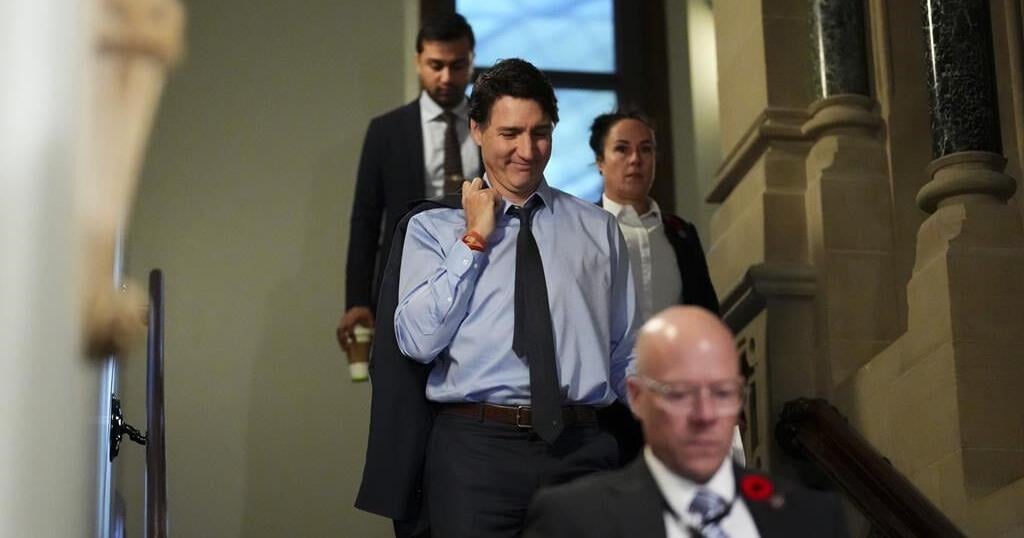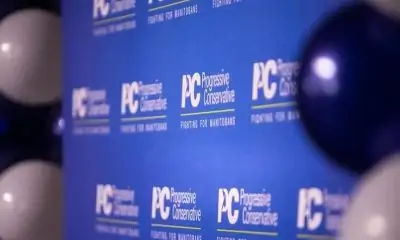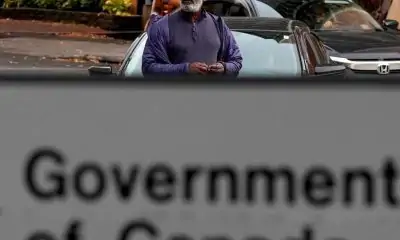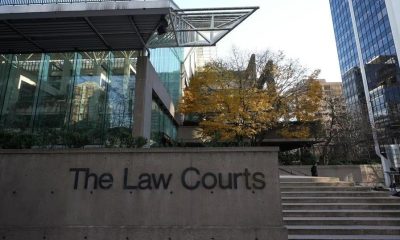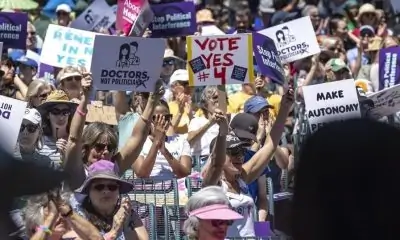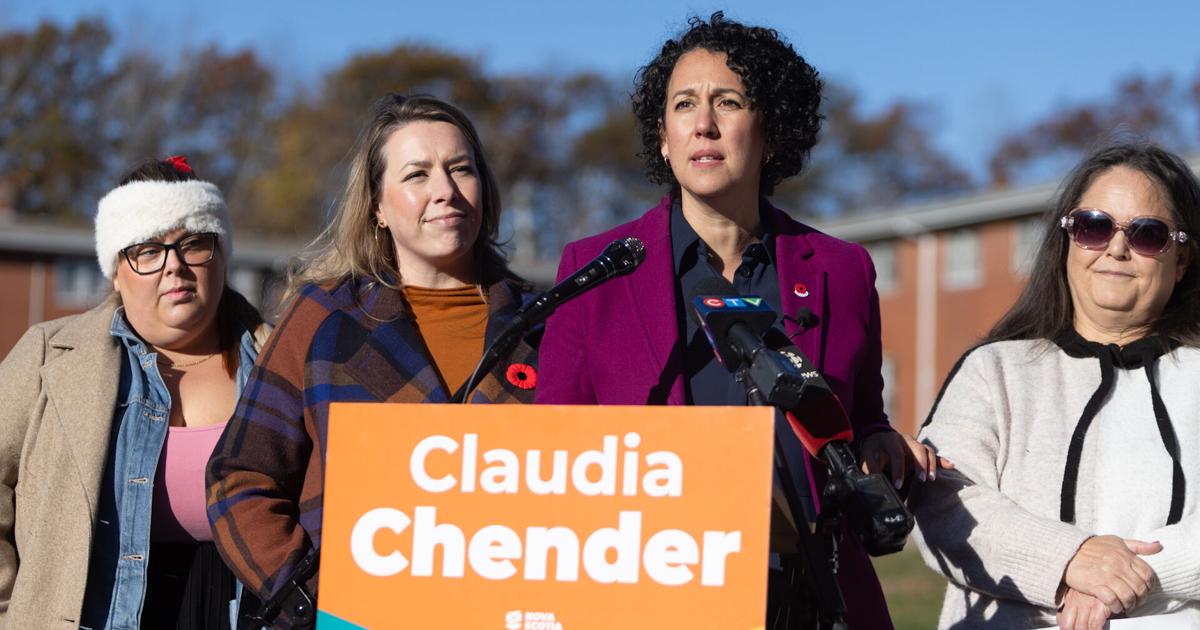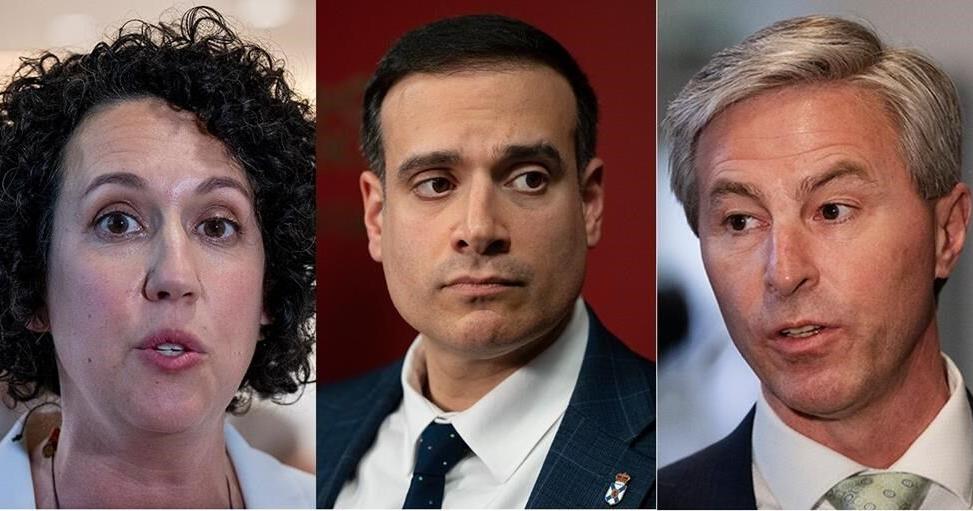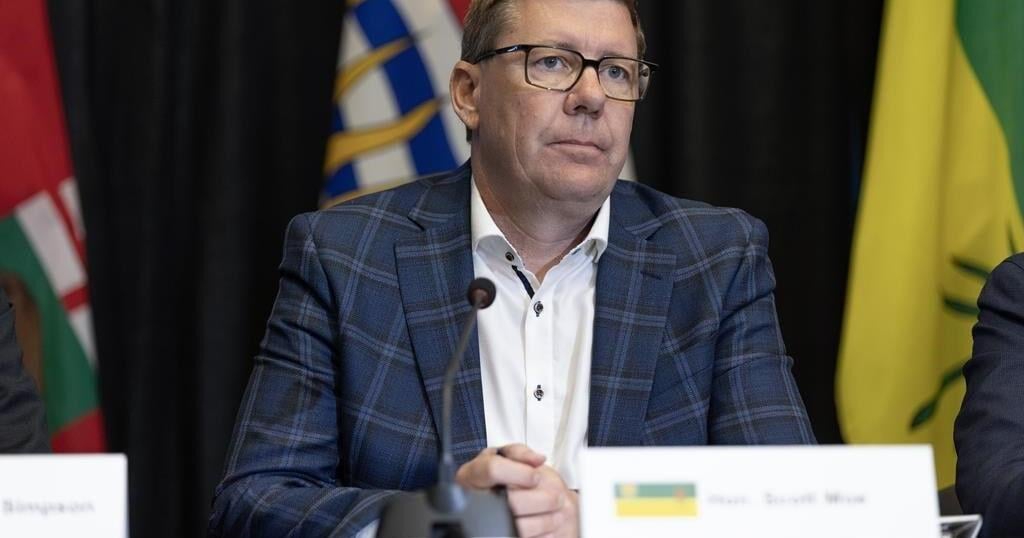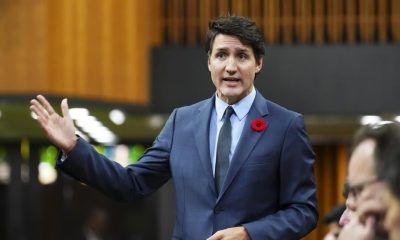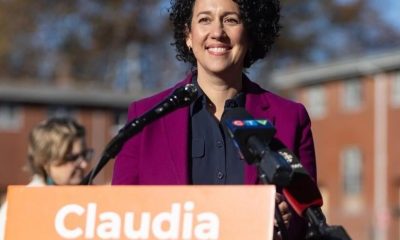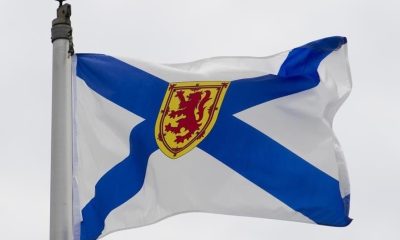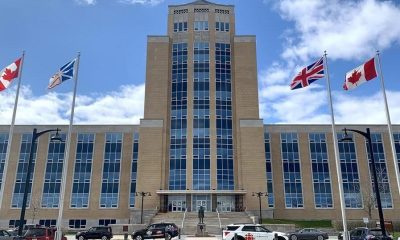OTTAWA – The Liberal caucus turned its attention to the party’s plan for the next election on Wednesday, after an unsuccessful attempt by some MPs to oust Prime Minister Justin Trudeau last week.
Longtime Liberal operative Andrew Bevan was named the new national campaign director two weeks ago and made his first presentation to the full caucus during the weekly meeting.
The next election must be held by Oct. 20, 2025, but it could come much sooner. The Conservatives and Bloc Québécois have pledged to try to bring down the minority government this fall.
NDP Leader Jagmeet Singh said Wednesday that his party wouldn’t help them topple the Liberals. The Conservatives and Bloc don’t have enough MPs between them to defeat the government if the Liberals and NDP vote together.
The presentation was initially scheduled to happen last Wednesday, but that nearly three-hour meeting was instead dominated by discussions of Trudeau’s leadership.
Toronto-area MP Nate Erskine-Smith said the party’s leadership was not the focus of caucus this week, and the priority was hearing from Bevan.
“It was very much focused on: these are the next steps from a party perspective, and people were able to weigh in with their own feedback as far as it goes,” Erskine-Smith said following the meeting.
“That question from last week to what’s the finality, that wasn’t part of it.”
MPs were not able to share specific details of what was discussed in the meeting due to caucus confidentiality.
At last week’s meeting, a group of around two dozen MPs presented a letter to Trudeau calling on him to step aside. The dissenters gave him until Monday to make a decision — but he made it clear he plans to lead the party in the next election.
Several MPs have since said they want to hold a secret ballot vote to decide on whether Trudeau should stay on as leader. However, the Liberal party chose after the last election not to use Reform Act rules that would have allowed a caucus to hold a secret vote to oust the leader.
British Columbia MP Patrick Weiler said he thinks the leadership concerns are not over.
“I think we had a very good meeting last week, and I think there are a lot of unresolved questions from that, that still need to be addressed,” Weiler said while heading to question period on Wednesday.
“I think there are a lot of people that are still looking for some answers to those things and until that’s addressed, that’s going to be lingering.”
But several other MPs and cabinet ministers said they feel the matter is resolved and it’s time to move on to planning for the next campaign.
Judy Sgro, a veteran Ontario MP of nearly 25 years, said even though the Liberals are trailing the Conservatives in the polls, she believes they can pull off a victory.
“I’ve been through five leaders, this is my fifth leader. Most of the time they’re unpopular, but we still manage to win,” she said.
Erskine-Smith said the “overwhelming focus” for now is on what comes next, but he could see leadership troubles come up again depending on the results of two upcoming votes.
Byelections are pending in former Liberal ridings on both coasts: a vote must happen in Cloverdale—Langley City by Jan. 13 and in Halifax by April 14.
This report by The Canadian Press was first published Oct. 30, 2024.

